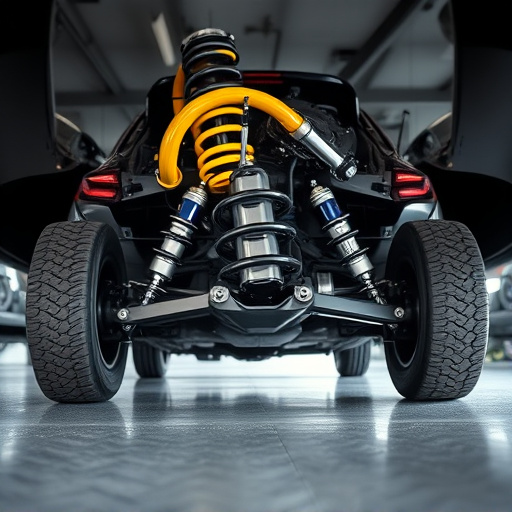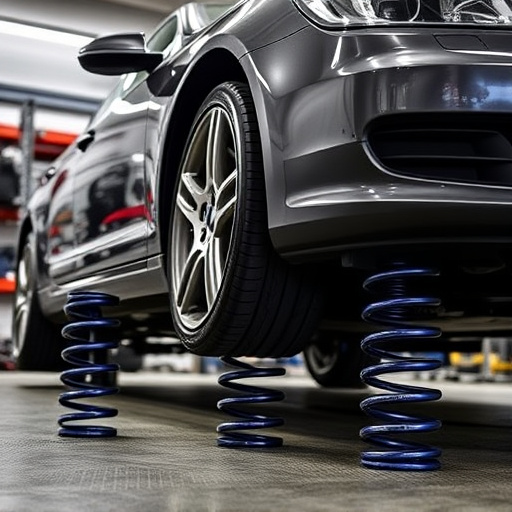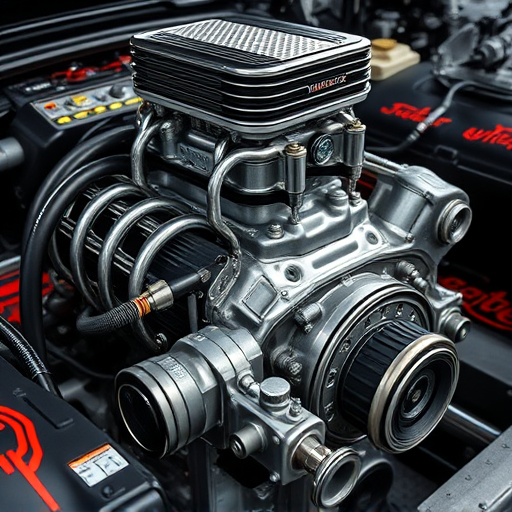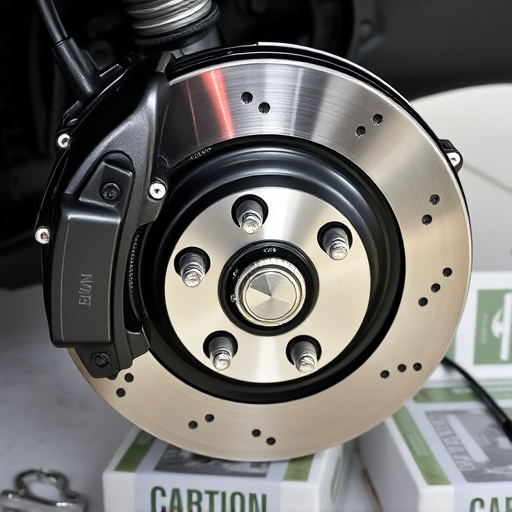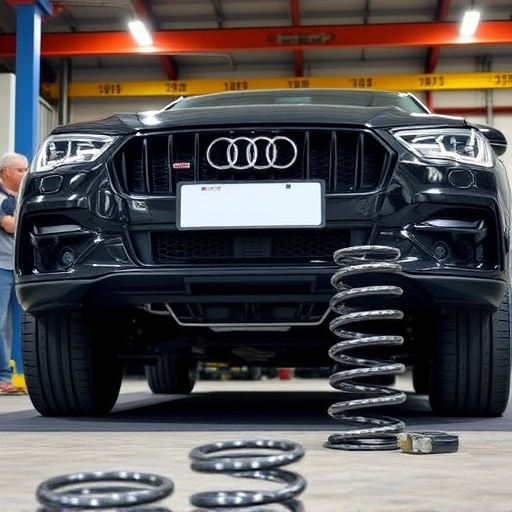Performance air filters degrade over time, impacting vehicle efficiency and engine health. Regular checks are crucial to prevent energy bill increases due to dirty filters affecting HVAC systems. Unusual noises, decreased fuel efficiency, power loss, and carbon buildup around exhaust tips signal a clogged filter. Maintaining clean performance air filters ensures optimal engine performance, better fuel economy, and reduced wear on components.
Are you breathing easier or struggling with poor indoor air quality? It might be time to check your performance air filter. A poorly maintained filter can lead to noticeable declines in air quality, driving up energy costs and causing engine performance issues. This article guides you through recognizing the signs that your performance air filter needs immediate attention, helping you maintain optimal health and efficiency. Learn how to identify problems related to air quality, energy expenses, and engine functionality to ensure a clean and smooth ride.
- Recognizing Decline in Air Quality
- Uncovering Increased Energy Costs
- Evaluating Engine Performance Issues
Recognizing Decline in Air Quality
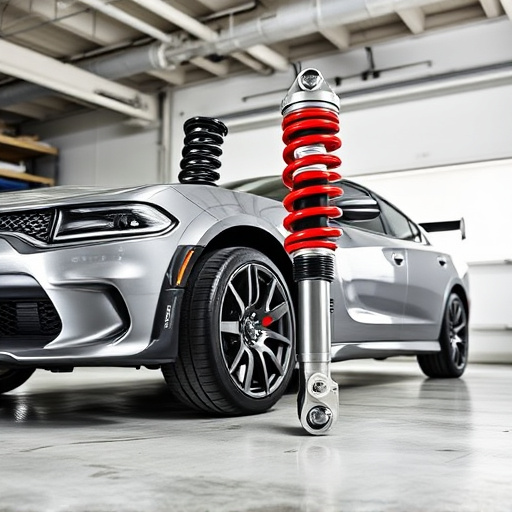
Over time, even the best performance air filters can degrade and lose their efficiency. Recognizing a decline in air quality is crucial to maintaining optimal vehicle performance and engine health. One of the most noticeable signs is a reduction in engine power and fuel efficiency. If you’ve noticed your car feeling sluggish or struggling to accelerate, it could be due to a clogged air filter restricting airflow to the engine.
Additionally, changes in the sound coming from your cold air intakes or exhaust mufflers can indicate a problem with your air filter. A dirty or damaged filter may cause unusual noises as air flow is impeded, leading to a less efficient combustion process. Even if you haven’t noticed any performance issues, regularly checking your air filter, especially when combined with other upgrades like coilover kits, is essential for maintaining the overall health and longevity of your vehicle’s engine.
Uncovering Increased Energy Costs
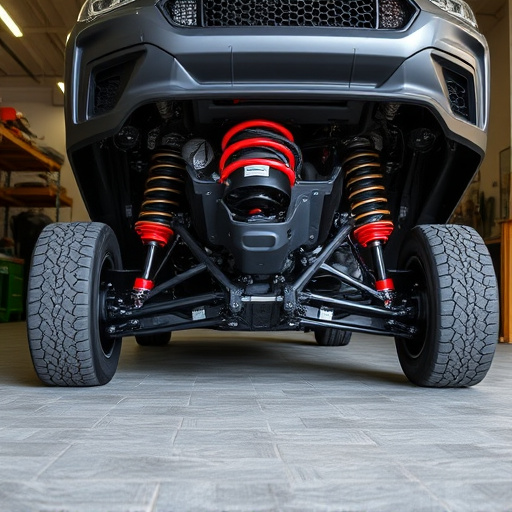
Many homeowners often overlook the subtle signs that their performance air filter needs replacing, leading to unforeseen issues that can significantly impact their energy bills. As time goes on, a dirty or clogged air filter can cause your heating and cooling systems to work overtime. This is because the system has to exert more energy to force air through the restricted filter, resulting in increased energy consumption.
Unbeknownst to many, a faulty air filter can contribute to higher energy costs by affecting the overall efficiency of your vehicle performance or even your home’s HVAC (heating, ventilation, and air conditioning) system. Just as well-maintained exhaust systems ensure optimal gas mileage, regular filter replacements play a crucial role in maintaining peak vehicle performance and keeping utility expenses in check.
Evaluating Engine Performance Issues
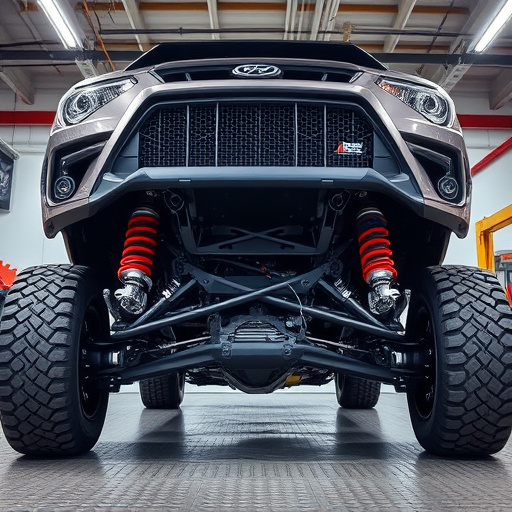
When it comes to evaluating engine performance issues, a crucial starting point is considering your vehicle’s air filtration system. A poorly performing or clogged performance air filter can significantly impact engine efficiency and overall vehicle dynamics. Pay close attention to any unusual noises coming from the engine, such as knocking or pinging, which may indicate a lack of adequate airflow caused by a blocked filter. Additionally, a decrease in fuel efficiency, noticeable power loss, and rough idling are telltale signs that your performance air filters need immediate attention.
Inspecting your vehicle’s exhaust tips can also offer insights into potential problems with the air filtration system. If you notice excessive carbon buildup or visible debris around the exhaust area, it could suggest a clogged filter allowing unfiltered air and contaminants to enter the engine. By keeping your performance air filters clean and well-maintained, you ensure optimal engine performance, enhance fuel economy, and reduce unnecessary wear on vital components, including the performance exhaust system.
If you’ve noticed a decline in indoor air quality, unexpected spikes in energy bills, or issues with your engine’s performance, it’s time to investigate your performance air filter. Regularly maintaining this often-overlooked component can significantly impact your home’s comfort, energy efficiency, and overall environmental health. Don’t wait for problems to mount—addressing your performance air filter promptly is key to ensuring a cleaner, more efficient living space.








